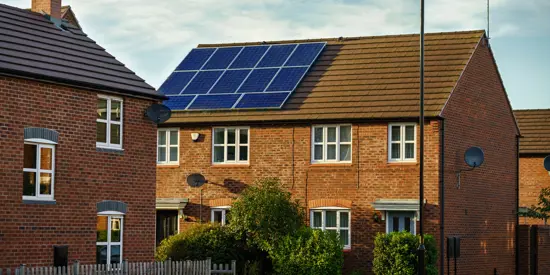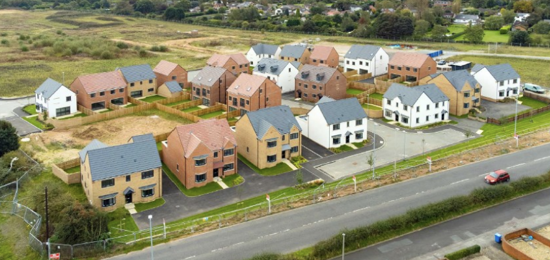No matter how hard the winter, spring always comes
It’s one of the strangest – yet most welcome – aspects of these strange times. With the skies emptied of aircraft and streets all but deserted, urban dwellers have become aware of something that usually passes all but unnoticed amid the bustle of city life – the changing of the seasons.
Of course there’s a grim irony here. The Easter weekend’s balmy weather came as thousands of businesses slipped further into the deep freeze. Spring has sprung while the British economy endures a brutally hard winter.
Superlatives no longer suffice when it comes to describing the current state of economic affairs. The Office for Budget Responsibility has warned that UK GDP could fall by as much as 35% in the second quarter of 2020, with Robert Chote, the OBR’s Chairman, describing this drop as “the largest in living memory”. The International Monetary Fund also reached for historic parallels, describing the impact of the Covid-19 lockdown on the world economy as being the worst downturn since the Great Depression nearly a century ago. In the UK, the true toll won’t become apparent for some time. The Government’s raft of support measures – for both companies and employees – have insulated many firms from the lockdown’s sudden, cryogenic freezing of business activity.
When the thaw starts, and our feeling is it will start in May out of sheer economic necessity, we should brace ourselves for thousands of businesses, especially those in the hospitality and retail sectors, not to make it through. It’s a cruel reality that many strong businesses will go to the wall for reasons outside their control. And yet the prospects for the construction and property sectors are markedly better, for three reasons.
Firstly there’s the construction industry’s adamantine resilience to falls in demand. As a sector that typically endures far sharper peaks and troughs than the wider economy, construction has volatility – and the ability to cope with it – baked in.
Then there’s the wealth of recent – and relevant – experience the property industry can draw on. Many of us in the property finance sector have been here before, barely a decade ago. True, the Global Financial Crisis posed different challenges. Compared to the wildfire-like spread of the Coronavirus and the Great Lockdown, it developed slowly. And crudely it was defined by lenders pulling down the shutters and refusing to lend.
By contrast today many finance providers are well capitalised and keen to lend, but are instead being prevented from getting cash out the door by a logistical logjam. Crucially, the difference between 2009 and now is that back then, the finance industry was in totally uncharted waters. Those of us who lived through the GFC are able to apply that knowledge to keep the finance flowing even in the current challenging times.
Thirdly there’s the immutable nature of development opportunity. While there’s plenty of debate about how Britain will be transformed by the Covid crisis, one thing that won’t change is the ability of astute developers to combine vision with funding to generate returns. Some projects will be blown off course by the current crisis, and sadly some developers will lose their shirts. But for every development which runs aground, there will be an opportunity for those willing to seize it.
By definition every residential project is unique; no two locations are the same. And if a development was in a great location before the crisis hit, it will still be in a great location once the Covid cloud passes. That’s why at Atelier Capital Partners, we’re carrying on doing what we do best. We’re continuing to write deals for a range of SME developers and property companies who are planning for the post-Covid future.
It’s far too soon to talk of green shoots. But when the thaw comes and whatever the new normal looks like, our clients will be ready, willing and funded to take the development opportunities that arise. Britain’s chronic shortage of good housing means residential demand is perennial.
It always comes back, no matter how hard or long the winter that preceded it.


